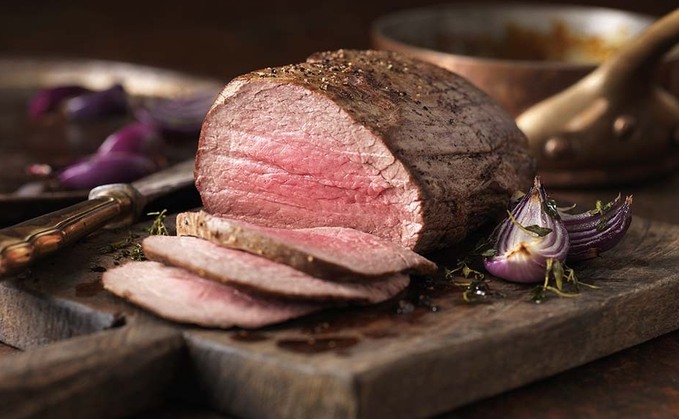
In a culture where many are choosing to reduce their meat consumption, here, Dr Jenny Goodman, ecological medicine doctor and author of Staying Alive in Toxic Times, tells us why including grass-fed beef...

In a culture where many are choosing to reduce their meat consumption, here, Dr Jenny Goodman, ecological medicine doctor and author of Staying Alive in Toxic Times, tells us why including grass-fed beef...
BNG National Habitat Bank Creation & Unit
Commercial Secured Bridging Loans for Business